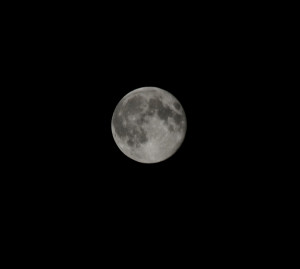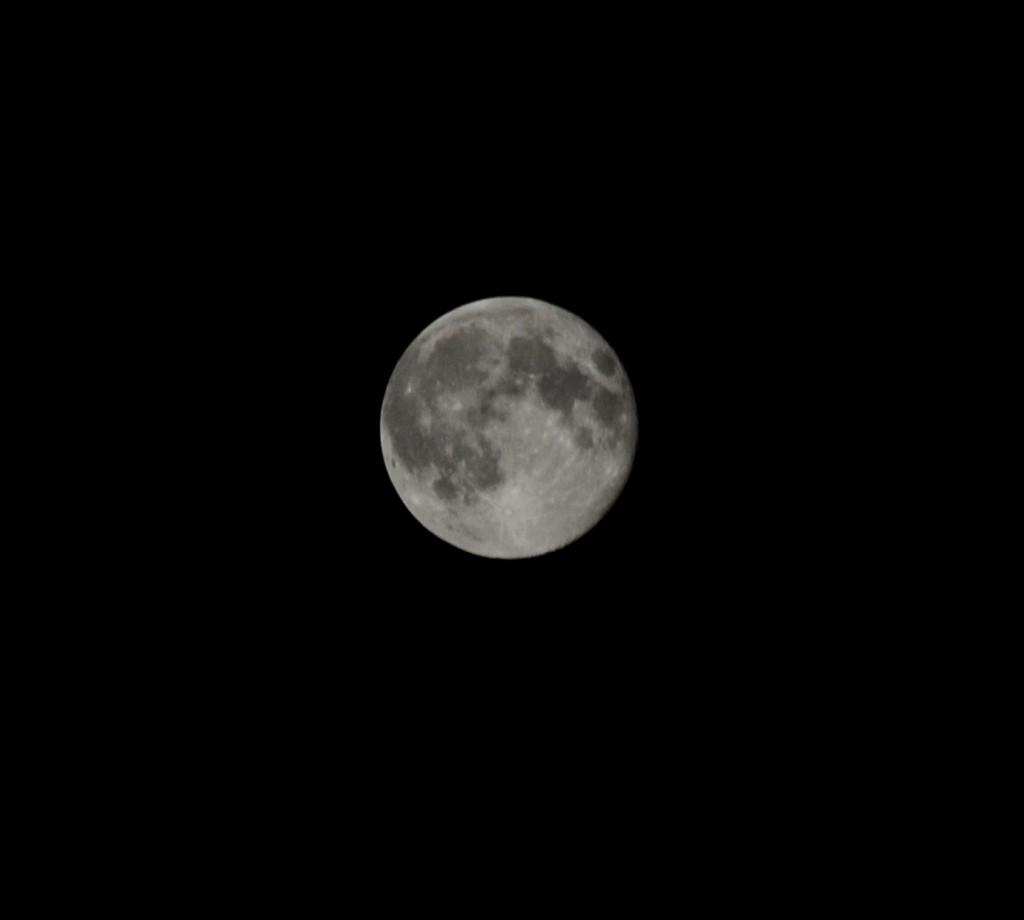
Sounds pretty fancy, right? It simply means three solar system bodies coming together, not in distance, but in perspective. For star watchers it means some pretty sweet night sights! It’s particularly exciting when the moon and planets are involved.
Saturday, July 5 will mark the night of the waxing gibbous moon as it groups together with the bluish colored star Spica and separates from Mars in the southwest sky. On July 6 and 7 the planets and moon will seem to cluster together even more than usual in the southern hemisphere for a truly unique sight.

Take a peek at the sky tonight and you’ll see a full moon. A full moon is when the moon and the sun are opposite of each other from an earth perspective.
The moon will turn full at 2:09 EDT and just nine minutes earlier it will arrive at its closest point to earth in 2014. Expect a wide tide range and a ‘super’ moon on August 11th. Photographers get your tripod and cameras ready!

Rise and shine if you want to catch this spectacular sight, which will take place Aug. 18 and 19 in the Southern Hemisphere.
Sky gazers will get the opportunity to watch as two brilliant and bright planets- Venus and Jupiter- experience a close encounter with each other, making for one beautiful night sky display.
 Sounds pretty fancy, right? It simply means three solar system bodies coming together, not in distance, but in perspective. For star watchers it means some pretty sweet night sights! It’s particularly exciting when the moon and planets are involved.
Sounds pretty fancy, right? It simply means three solar system bodies coming together, not in distance, but in perspective. For star watchers it means some pretty sweet night sights! It’s particularly exciting when the moon and planets are involved.
This time a crescent moon, Mars and Saturn will cluster together in a bright and beautiful display around dusk.

World Water Monitoring Day was established in 2003 by America’s Clean Water Foundation as a global educational outreach program that aims to build public awareness and involvement in protecting water resources around the world by empowering citizens to carry out basic monitoring of their local water bodies. Participate in your home and community this year!


